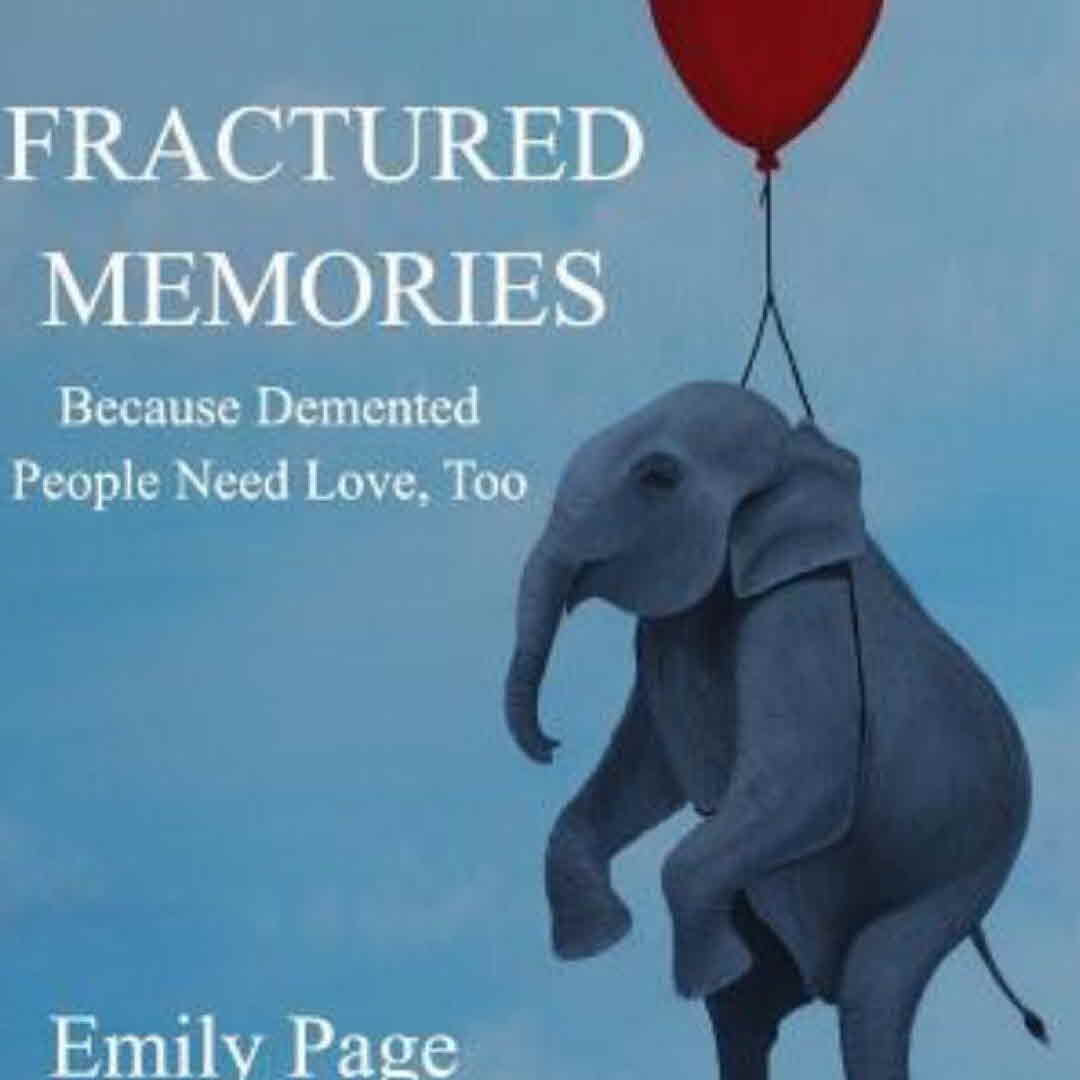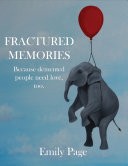
If you know anyone with dementia...
if you are a loved one, caregiver, friend, acquaintance, nurse or volunteer...
If you have lost someone due to dementia...
And even if you have no connection to anyone with this disease YOU MUST READ THIS BOOK. Education and understand can help lead to medications and a cure or preventions and better facilities and care for the increasing number of people with this debilitating and devastating disease.
1 like


















